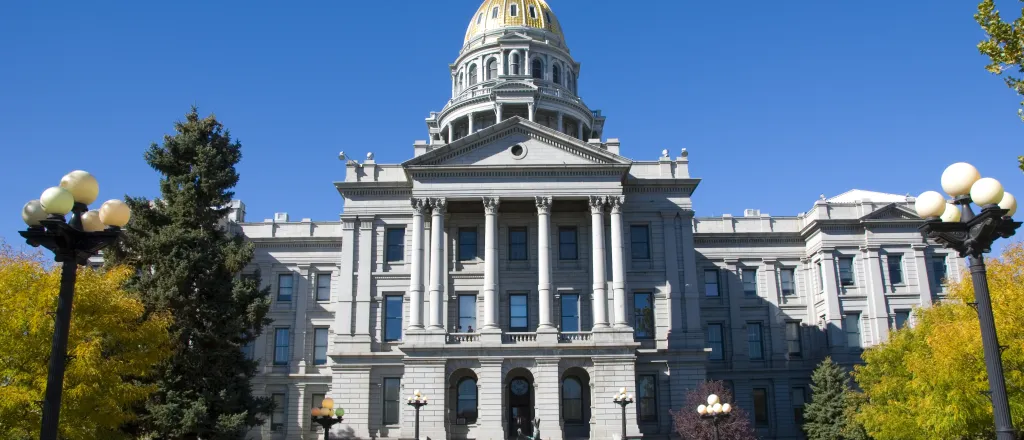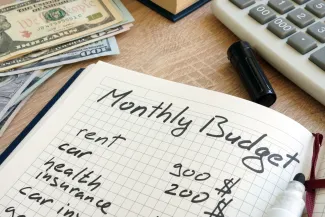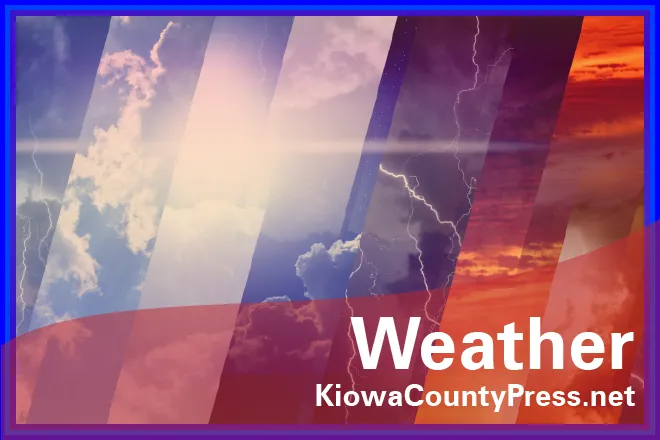
Last-minute bipartisan bill in Senate would reduce Colorado property taxes
Colorado Capitol Building Denver © iStock - kuosumo
(The Center Square) – A bill to lower property taxes was introduced with bipartisan sponsorship in the Colorado Senate and supported by a wide range of organizations with two days left in the 2024 session.
If passed by the General Assembly and signed into law, Colorado homeowners wouldn't see an increase in their property taxes for 2024, according to a media release from Democratic Governor Jared Polis. Senate Bill 24-233 would reduce property taxes between $300 and $400 – a 7 percent to 10 percent cut compared to current tax rates – for homes worth $700,000 or less. The bill also would cap local property tax rates at 5.5 percent in 2025.

“We are saving Coloradans money on property taxes and making Colorado more affordable,” the governor said in a statement. “No one should be priced out of their home because they can’t afford their property tax bill and this bipartisan effort will help support current and future homeowners, as well as the success of Colorado small businesses.”
Commercial property taxes would be reduced under the proposal, with the assessed valuation declining from 29 percent to 27.9 percent in 2024, and a 1 percent annual reduction until reaching 25 percent in 2027.
“Businesses and individuals across Colorado have faced historic rate increases that threaten our economic growth on a broad scale, from driving up the cost of doing business to exacerbating the housing affordability crisis,” Loren Furman, president and chief executive officer of the Colorado Chamber of Commerce, said in a statement. “This solution takes a balanced approach to providing critical property tax relief while also preserving funding for local services and protecting voter-approved bonds for housing and infrastructure needs across the state.”
The proposal sets the levy imposed by a school district at 7.15 percent of the actual value of a property. Local governmental entities, except school districts, would have a levy of 6.7 percent of the property value.
“While I believe the proposal represents responsible reform that preserves adequate funding for state services, there’s no question that there are sacrifices that this bill, SB24-233, requires at the local government level,” Scott Wasserman, president of the Bell Policy Center, said in a statement. “This is in large part because of demands to accelerate the reduction of the commercial assessment rates much faster than we, and more moderate business groups, were initially comfortable with. Despite progressive leadership at the state Capitol, legislators will continue to be forced to make less-than-ideal concessions to conservative forces spending big sums of money to threaten the legislature with competing ballot measures.”
Initiative #50 and #108 will be on the November ballot. If total statewide property tax revenue is projected to increase more than 4 percent compared to the preceding year, Initiative #50 would require voter approval to retain the additional revenue. Initiative #108 would set the valuation for the assessment of residential property at 5.7 percent of the actual value of the property for tax beginning in 2025.
Wasserman stated Colorado leaders would unite against the initiative’s “nuclear attack” in a post on X, the platform formerly known as Twitter.
“There’s no larger coalition than the majority of voters,” said Michael Fields, president of Advance Colorado, a conservative advocacy group that's backing the measures. “And they want real property tax relief now.”

















